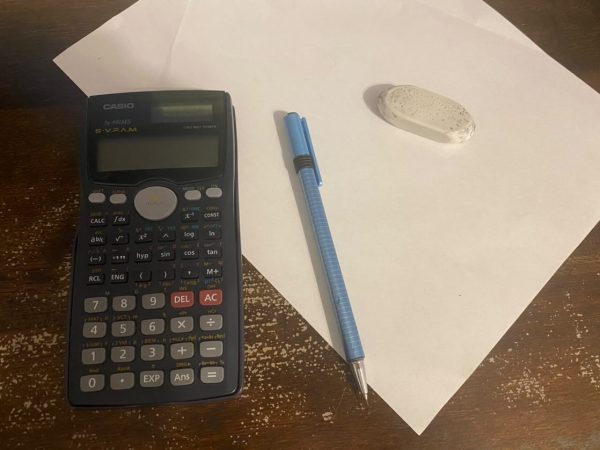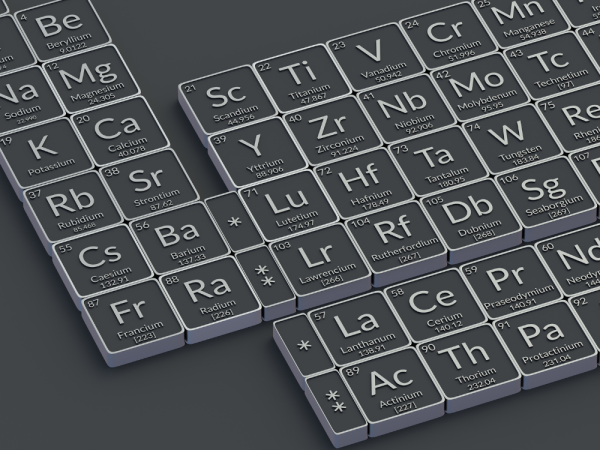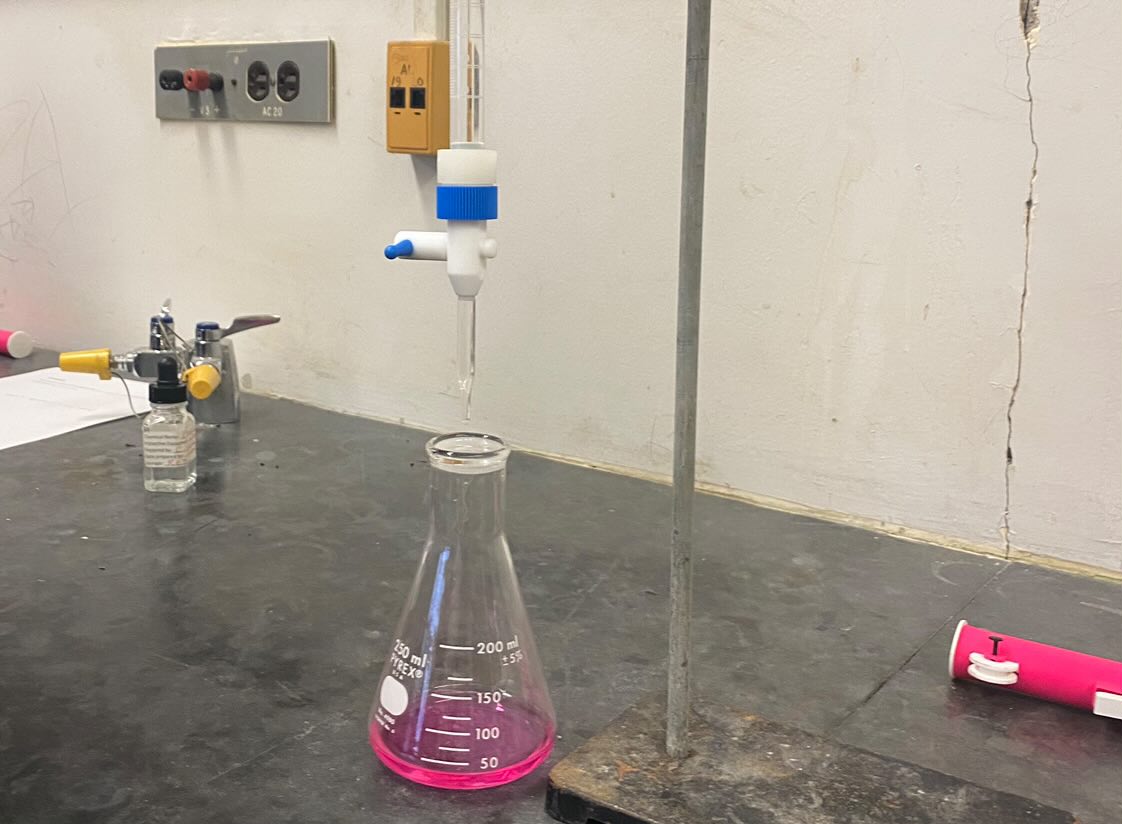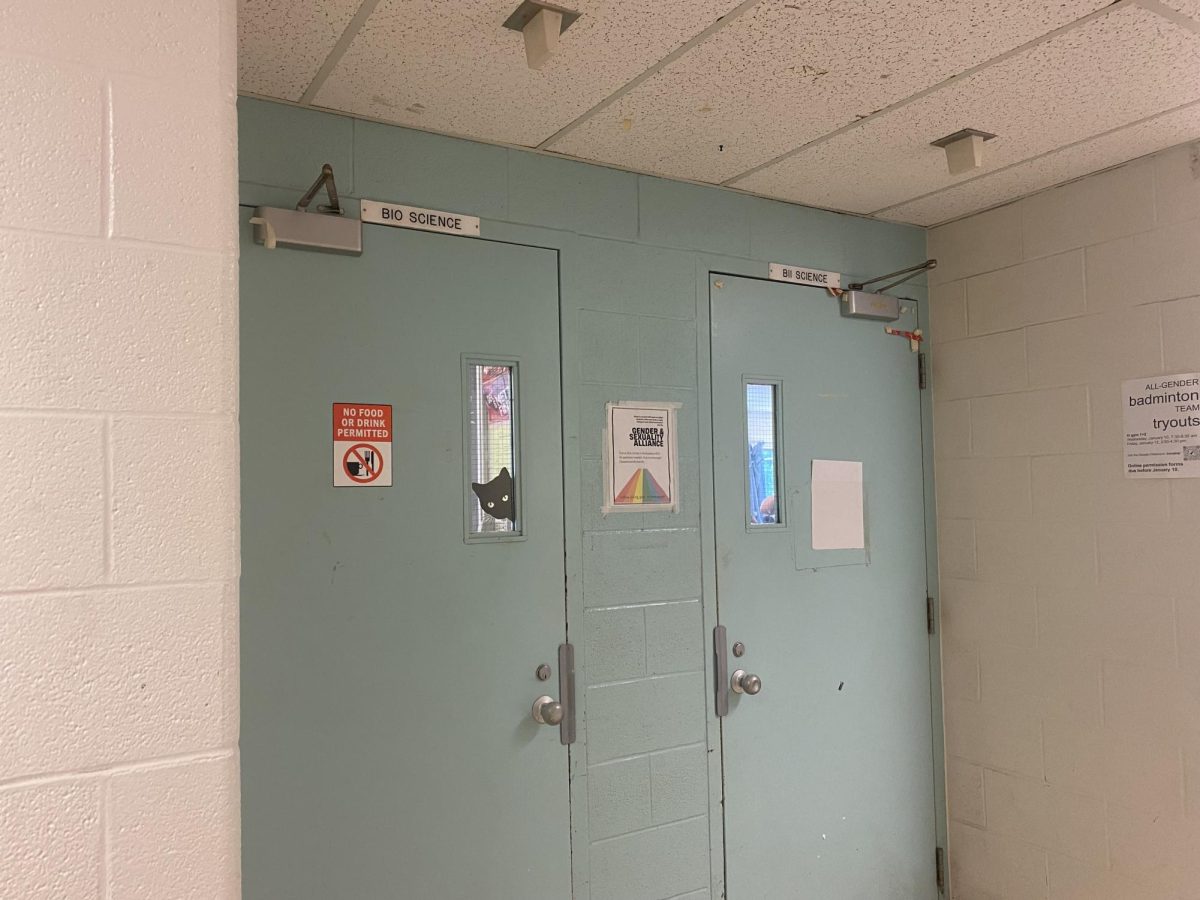On May 16th, 20 of King’s grade 11 students participated in the University of Waterloo’s Avogadro Exam. The 75-minute exam covered the entire grade 11 chemistry curriculum (as well as some more advanced concepts), testing students’ understanding of the subject with 40 multiple-choice questions. It’s no surprise that very few students earn perfect scores on the exam.
Information about the exam
The Avogadro Exam’s structure is unique to normal exams to discourage guessing: students earn 1 point per correct answer but lose ¼ of a point for every wrong answer. Moreover, every question left blank earns the student 0 points. Students must work their way up to 40 points by answering questions correctly while avoiding wrong answers.
Many recommend studying notes from your grade 11 chemistry class to prepare. This is a great start, however, even more helpful materials for exam preparation are available online. On Waterloo’s website, students can find past exams (2007 to 2011) and their corresponding answer sheets.
Although the content from past exams may not match the questions on current exams exactly, they still get students accustomed to the expectations and length of the exam.
Keep in mind that the past tests and their answer sheets are riddled with inconsistencies, making it slightly harder to study using the materials. Past Avogadro Exams can be accessed here:

Many questions on the exam appear confusing at first glance, however, hidden under the tricky wording and endless information are simple calculations. Take a look at question number 10 from the 2007 Avogadro Exam:
What volume of CO₂ is produced when you burn exactly 1.0 litre of gaseous propane (C₃H₈) in the presence of excess oxygen in your backyard barbecue?
(Assume H₂O and CO₂ are the only combustion products and P and T remain constant.)
Even though the question mentions multiple compounds (as well as a comparison of their measurements), finding the number of moles and doing stoichiometry isn’t the way to solve it; there just isn’t enough information given to be able to do so.
The most efficient method involves just comparing the coefficients in the balanced chemical equation of the reaction:
C₃H₈ + 5O₂ → 4H₂O + 3CO₂
Since the temperature and pressure remain the same, one can treat the coefficients as if they were the number of litres of each gas involved in the reaction. For every litre of C₃H₈, there should be 5.0 litres of O₂, 4.0 litres of H₂O and 3.0 litres of CO₂.
While Waterloo does seem to put more emphasis on noticing the smaller details, many questions still are quite advanced, especially the knowledge-based ones. Reading up on sections from grade 12 chemistry textbooks can improve your understanding and increase your chances of earning a good mark.
How did the exam go?
“I was a bit intimidated at first, scared to try it because I thought it would be too hard and I’d mess up. But I still tried my best anyway and went in nervous. When doing the test, I realized most of the questions were ones I was already familiar with. In the final moments, as the time reached the end, I realized I did better than expected.” Although worried at first, grade 11 student Ishraq Alam ended up being glad he didn’t give up before trying. “It really helped boost my confidence in grade 11 chemistry and my confidence in myself.”
“I think the exam went well, all things considered. I was worried that I didn’t study enough or wouldn’t remember anything,” shares Max Kumaraguru, another grade 11 student who wrote the exam. “It was scary and nerve-wracking but I’m glad I did it.”

Study advice from real grade 11 students at King
Whether you have your eyes set on taking the Avogadro Exam or just need tips when it comes to studying, here is some genuine advice!
Work on something, even if it’s not the most important thing.
Sometimes procrastination is inevitable. While some concepts may be harder (and therefore higher priority), they can also be hard to approach and are constantly put off as a result; many students find it hard to continue studying once a roadblock in the curriculum appears. While the harder topics should still be prioritized, the most important thing is that you’re studying something. If you have enough time, spending your time practicing any topic (even if you’re already familiar with it) is better than practicing nothing; doing so can be a great warm-up. Just remember to approach the harder concepts eventually!
Understand, don’t memorize.
Although very basic advice, it’s still very valuable. Memorized information can easily slip out of your mind during a test. On the other hand, concepts that are understood stick in your mind for much longer. It’s much harder to doubt yourself during a test if you can explain a topic back to yourself in its entirety. Try to understand things over memorizing them where possible.
Blocking out distractions: devices.
Although it can be difficult to part with one’s phone, doing so does wonders for one’s productivity levels. Imagine finally getting into study mode but then receiving a notification. 2 hours later you’re still texting your friend, completely forgetting the task right in front of you. Hide your phone under your pillow, move it to another room or even better, give it to someone else for the time being.
Blocking out distractions: sound.
The same goes for distractions in real life, such as noises. One sound can quickly take you out of your element, so taking action in advance is crucial. Playing music (that won’t distract you from studying), white noise or even wearing noise-cancelling headphones are all easy fixes.
Blocking out distractions: websites.
Using electronics to access important slideshows can be difficult since the entire internet is at the tip of your fingers. It’s pretty difficult not to get distracted on a random website. Luckily, there are ways to physically prevent yourself from venturing onto distracting websites. On the Chrome Web Store, various extensions can block selected websites. Just search “website blocker” and install one!
Repetition.
Repeating things, whether it be flashcards or problem sets, makes concepts stick easily. Of course, building a strong foundation requires at least a few days of preparation so it’s best not to procrastinate when it comes to new concepts. Make sure that the information is stuck with you before you finish studying.

Is the Avogadro Exam worth taking?
Naveena Gnanachandran found the experience valuable in various ways: “[The exam] was difficult but studying for it pushed me to learn new topics of chemistry beyond my knowledge. It is worth taking because it made me love chemistry more than ever! I was able to learn things I never learned in the classroom and it pushed me to go out of my comfort zone when learning.”
“I highly suggest upcoming chemistry students try it out. You can see how much you know and feel more confident before grade 12 chemistry! Don’t worry about the results or competing, but rather take it on as a personal challenge to see how much you grow,” says Alam.
“Anyone who enjoys chemistry or just wants to do the exam for fun should definitely go for it. Even if I didn’t do well, at least I had fun studying for it and learned something new. That’s really all that matters when it comes to stuff like this,” adds Kumaraguru.
As the exams are marked over the coming week, the 20 King students will continue to wonder about their results. No matter the outcome, many agree that the exam still served as a great learning experience with no repercussions.










Aleesha Qureshi • May 17, 2024 at 2:52 pm
Wow now I know that I am never ever gonna take this test!
Ayushi • May 17, 2024 at 2:35 pm
What a fantastic article, Nikita! Very insightful and motivates me to do the Avogadro exam next year as well!